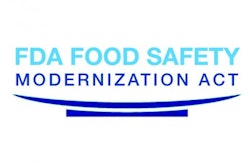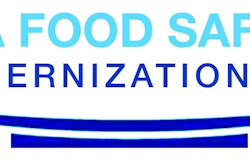
Provisions of the Foreign Supplier Verification Program (FSVP), under the jurisdiction of the Food and Drug Administration, were enacted in 2015. They mandate that foreign suppliers provide the same level of food safety protection for their products as domestic suppliers are required to provide for theirs.
This is needed as outbreaks of foodborne illness continue to occur both in foreign and domestically sourced foods. Under this law, importers, also known as FSVP importers, must perform a verification step to ensure that foreign suppliers of food destined for sale in the United States have complied with at least two major rules of the Food Safety Modernization Act (FSMA)—the Produce Safety Rule and the Current Good Manufacturing Processes (CGMPs) and Hazard Analysis and Risk-Based Preventive Controls Rule for Human Food.
Placing the burden of verification of foreign suppliers’ compliance on U.S. food importers may have some unique benefits and improve public health protection, but it raises conflict of interest questions. Shifting the compliance role to importers will change how importers, suppliers, food brokers, customs brokers, manufacturers and retailers operate. The entire supply chain must communicate now, and make buying decisions considering the new FSVP regulations. How everyone in the supply chain will comply with these new laws, while protecting their business interests and maintaining transparency, remains to be seen.
To read the full original article, please click here.

















